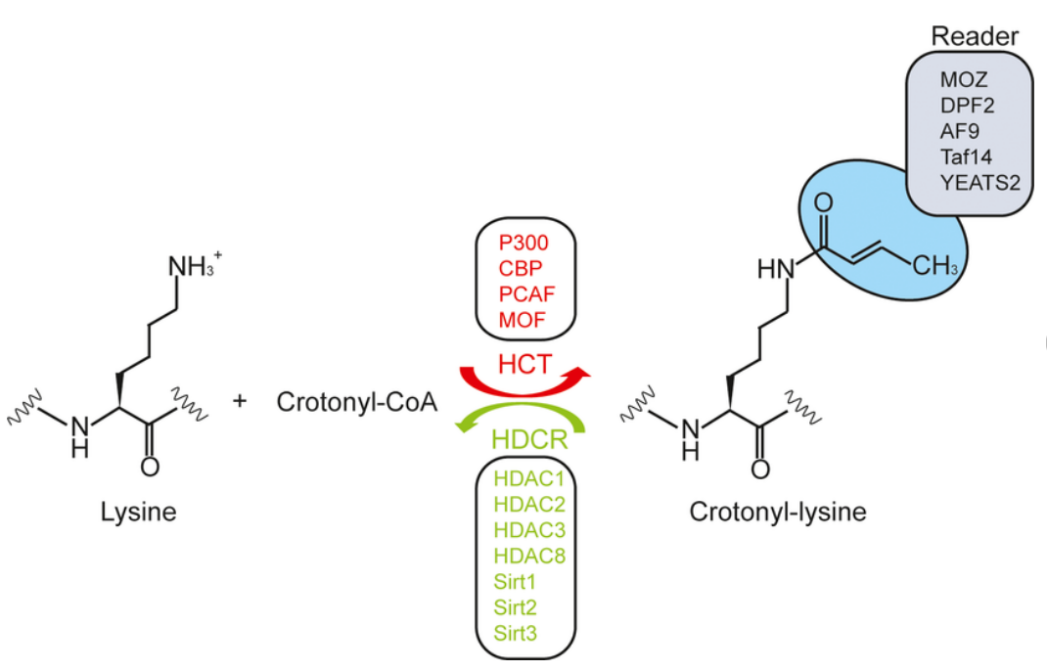Crotonylation Analysis Service
Lysine crotonylation is a reversible acyl modification characterized by its unsaturated, planar crotonyl group, which introduces distinct steric and electronic properties compared to acetylation. These features create strong transcriptionally active marks and modulate protein–protein and protein–DNA interactions in a metabolism-sensitive manner. Recognizing the growing importance of crotonylation in epigenetic regulation, cell metabolism, and disease mechanisms, MtoZ Biolabs provides comprehensive Crotonylation Analysis Services tailored for both targeted protein-level studies and large-scale proteomic profiling.
1. Target Protein Crotonylation Analysis
MtoZ Biolabs applies optimized enrichment and high-resolution LC-MS/MS analysis to pinpoint crotonylation sites on defined protein targets provided by clients. Whether studying transcription factors, histones, metabolic enzymes, or recombinant proteins, our workflow enables precise site mapping and quantitative assessment of crotonylation states under various biological or experimental conditions. This targeted approach helps elucidate site-specific regulation, structural alterations, and potential functional consequences of crotonylation on the selected protein.
2. Crotonylation Proteomics
For broader investigations at the systems level, MtoZ Biolabs offers crotonylation proteomics to globally characterize crotonylated proteins across complex biological samples such as cells, tissues, or biofluids. Through advanced enrichment strategies and high-resolution LC-MS/MS, combined with quantitative approaches including TMT, SILAC, or label-free methods, we provide comprehensive datasets covering:
- Global identification of crotonylated proteins and modification sites
- Quantitative comparison of crotonylation levels under different conditions
- Functional annotation and pathway enrichment via GO and KEGG analysis
- Network-based exploration of crotonylation-mediated regulatory hubs
Integrating robust experimental pipelines with bioinformatics-driven interpretation, MtoZ Biolabs enables researchers to uncover the biological significance of crotonylation at both molecular and systems scales, bridging fundamental research with translational insight.
What Is Propionylation?
Lysine crotonylation (Kcr) was first described on histones, where it was found to serve as a marker of active gene transcription. It is catalyzed by lysine crotonyltransferases, which transfer a crotonyl group from crotonyl-CoA to the lysine residues, and removed by decrotonylases such as histone deacetylases (HDACs). This dynamic and reversible process functions as a molecular switch that regulates protein interactions, enzymatic activity, and chromatin architecture. The structural difference between crotonylation and acetylation lies in the unsaturated carbon-carbon double bond of the crotonyl group, which adds rigidity and distinct biochemical properties.

Wan, J. et al. J Cell Mol Med. 2019.
Figure 1. Protein Crotonylation is Balanced by Lysine Crotonyltransferase (HCT) and Decrotonylase (HDCR)
Current research indicates that crotonylation plays critical roles in gene expression regulation, germ cell development, stress responses, and metabolic pathways. It has been detected in both histone and non-histone proteins, suggesting wide-ranging biological significance. Aberrant regulation of crotonylation has been implicated in cancer, inflammation, cardiovascular diseases, and neurological disorders, making it a valuable target for biomarker discovery and therapeutic intervention.
Analysis Workflow

Sample Submission Suggestions
1. Sample Types
-
We accept various biological sample types, including but not limited to:
-
Cultured cells (provide at least 1×108 cells per condition)
-
Animal or human tissue (minimum 600 mg per condition)
-
Plant tissue(minimum 6 g per condition)
-
Biological fluids such as plasma or serum (minimum 500 µL per condition)
2. Storage and Transport
Samples should be snap-frozen in liquid nitrogen and stored at –80°C until shipment. Ship samples on dry ice. Avoid repeated freeze–thaw cycles.
Clients are encouraged to contact MtoZ Biolabs prior to submission for tailored sample preparation advice.
Service Advantages
☑️Advanced Analytical Platforms: MtoZ Biolabs established an advanced protein post-translational modifications analysis platform, ensuring confident identification and quantification of crotonylation sites.
☑️Comprehensive Workflow: From enrichment to data interpretation, offering an end-to-end solution tailored to research needs.
☑️Experienced Team: Extensive expertise in PTM analysis ensures high-quality data and robust interpretation.
☑️Customizable Reports: Results presented in publication-ready formats with tailored bioinformatics insights.
☑️One-Stop Support: Clients only need to provide prepared samples; we manage protein extraction, enrichment, MS analysis, and data interpretation.
Applications
The Crotonylation Analysis Service at MtoZ Biolabs can be applied to a wide range of life science and biomedical research areas, including:
1. Drug Target Identification
Exploring crotonylated proteins as potential therapeutic targets by uncovering their regulatory roles in cellular pathways.
2. Disease Mechanism Studies
Investigating aberrant crotonylation patterns associated with cancer, cardiovascular diseases, neurodegenerative disorders, and inflammatory conditions.
3. Biomarker Discovery
Identifying crotonylation-based signatures that can serve as diagnostic or prognostic biomarkers.
4. Epigenetic Regulation
Studying histone crotonylation as a marker of active chromatin and its contribution to transcriptional control.
Deliverables
1. Comprehensive Experimental Details
2. Materials, Instruments, and Methods
3. The Detailed Information of Crotonylation Analysis
4. Mass Spectrometry Image
5. Bioinformatics Analysis
6. Raw Data








